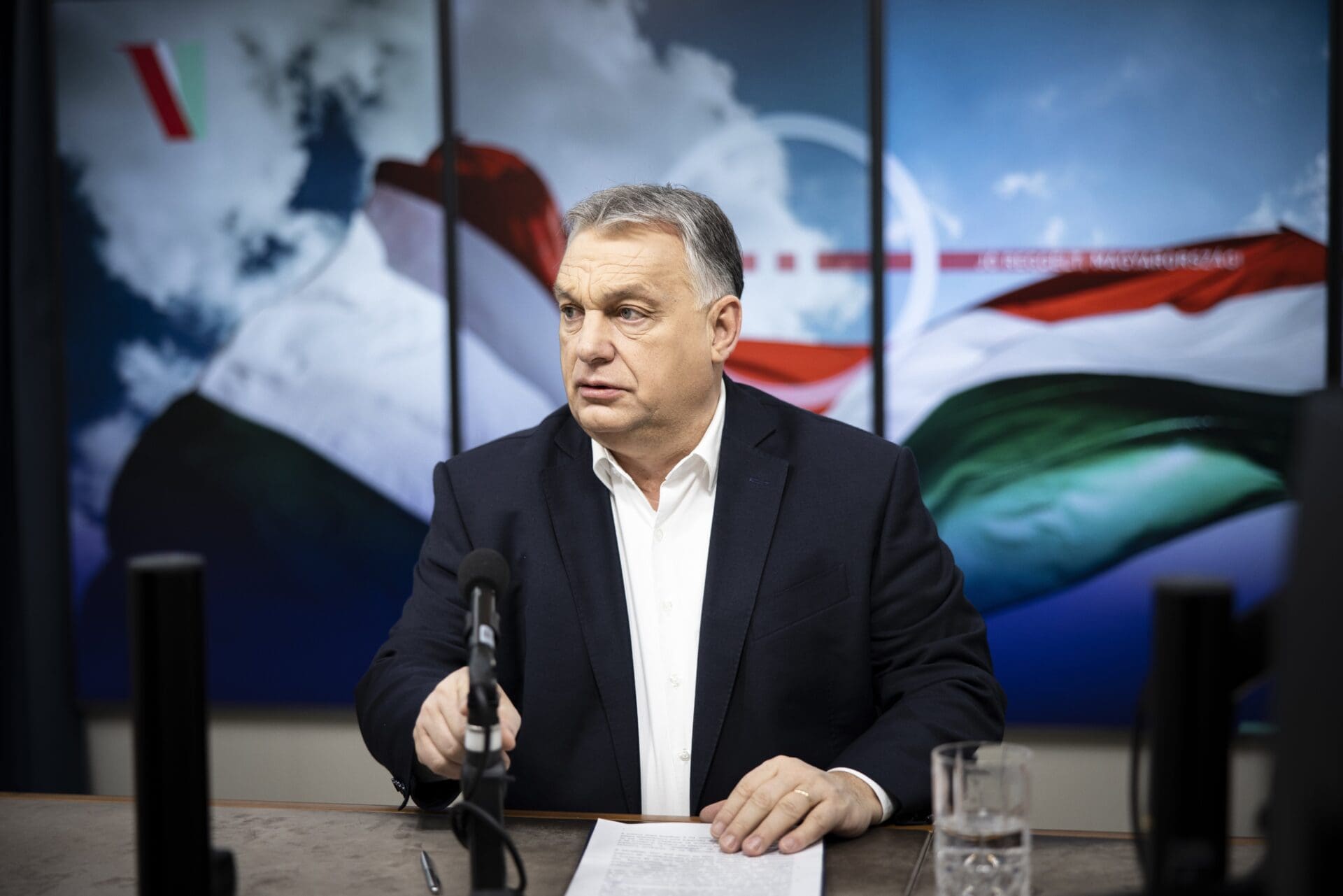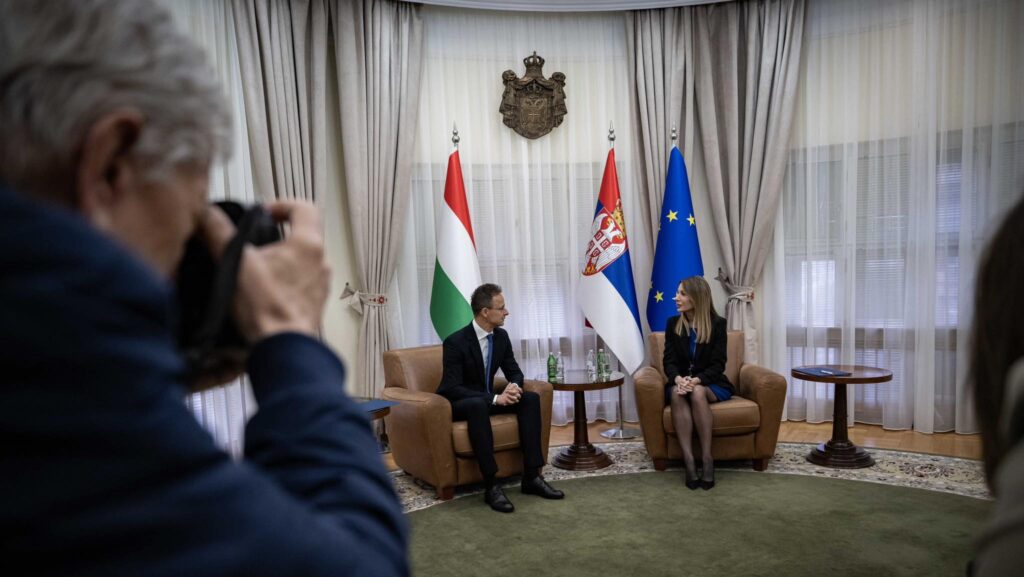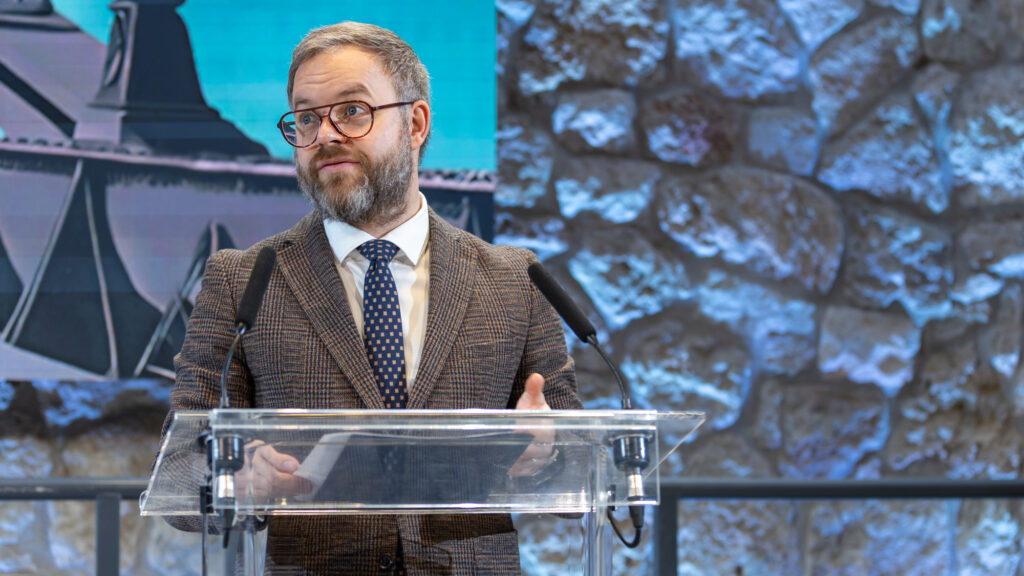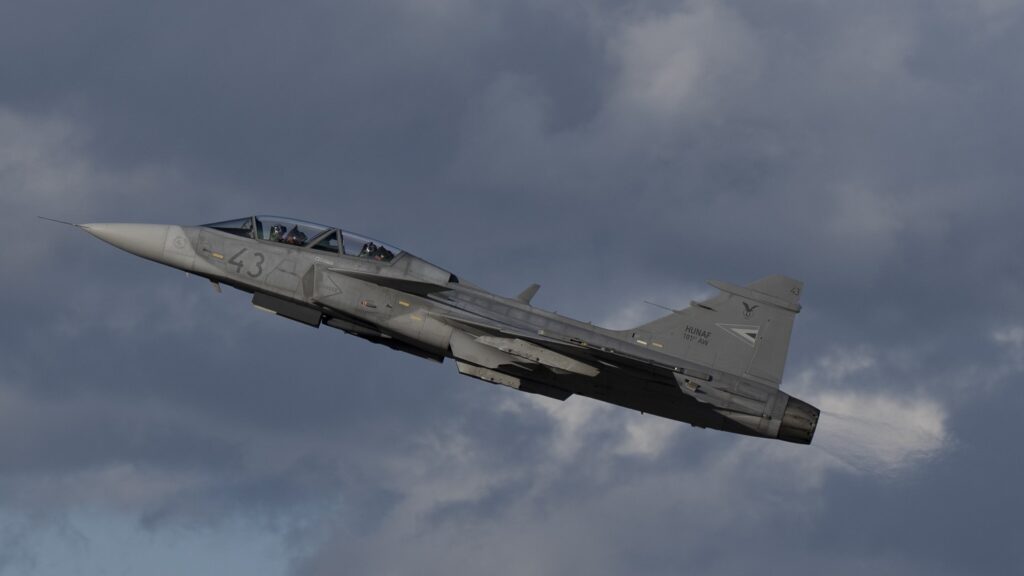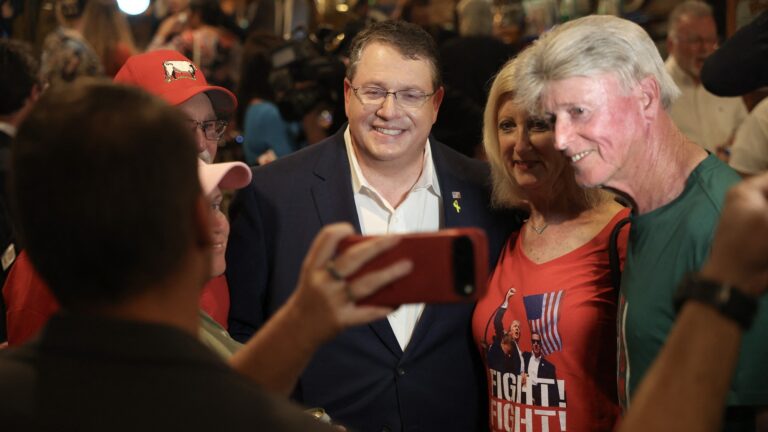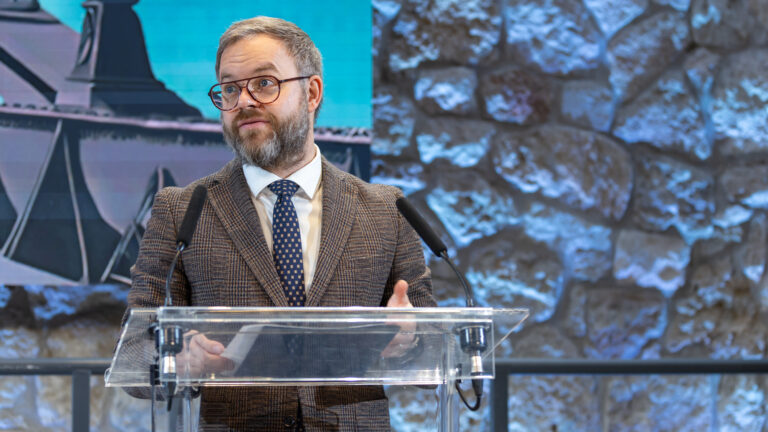Prime Minister Viktor Orbán appeared on the public radio’s daily morning programme Good Morning, Hungary (Jó reggelt, Magyarország!) on Friday, 10 March. Evidently, the majority of the conversation was covering the Russo-Ukrainian war.
Orbán began by noting that the Polish defence minister has just announced that they are supplying the Ukrainian army running low on tanks with ten more Leopard 2 armoured vehicles. Meanwhile, the EU foreign policy chief pledged €1 billion to be spent on artillery rounds for Ukraine. PM Orbán was not pleased with these developments.
He reminded of the time when the armed conflict broke out, when everyone was hoping that it would remain localised, with very few parties involved. By now, a year later, these hopes have vanished. Hungarian security services estimates put the number of casualties to over 100,000 people on both sides. Yet, Western leaders tend to become more and more hawkish, the prime minister commented. Now, there are even talks of sending fighter jets and actual ground troops to Ukraine. As PM Orbán put it, his Western counterparts are ‘in the war spirit’. He also went on to share his solemn view that ‘The world has never been this close to a localised war, since we are talking about Luhansk and Donetsk,
a localised war turning into a world war. The likelihood of this happening is increasing day by day.’
This was n fact the reiteration of what he told the Swiss newspaper Weltwoche last week. The prime minister also remarked that each country acts not only on beliefs, but also their political interests as well. However, he said he would not elaborate further with specific examples, as it would have been ‘a tactless act of diplomacy’ at best. He did stress, nevertheless, that the power balance in Europe can be significantly changed in the post-war world.
PM Orbán also stated that Hungary and the Vatican are the only two European states on the side of peace at the moment. The pro-war coalition is led by the United States, and according to Orbán, Ukraine can only stay in the fight as long as the US allows it with continually flowing aid. At this moment, there’s no chance of the United States giving up on this resolve. However, the 2024 US presidential election can bring a massive shift in the conflict, the PM said, adding that he thinks if former President Donald Trump were to win next year, a ceasefire could be achieved a lot faster.
As for domestic issues, Orbán talked about the modernisation of the Hungarian Defence Forces. This, he said, is a crucial move in the time of war, as
‘just because we are on the side of peace, it does not mean we are defenceless’.
He underscored that ‘the military is not a luxury, nor is it just a historical tradition.’
Orbán insisted that Hungary must keep its armed forces in good shape, as weakness invites malicious intents and speculation from abroad. ‘We, Hungarians, do know that, as we have lost wars and territories in the past’, he reminded. Viktor Orbán also noted that the a ‘country defence plan’ programme will soon be implemented, through which the general populace will be educated on how to handle certain war-time crises.
He also touched on inflation, saying that it has slowed down somewhat in Hungary, but it is still at a high 25 per cent. The prime minister repeated his pledge to bring inflation down to single digits by the end of the year. He remarked that he believes even the left-wing politicians agree with the steps his administration took against inflation, such as price caps and interest rate freezes, as they seem unwilling to attack them. He noted, however, that the inflationary rate would be cut in half immediately if the EU rolled back its sanctions. Unfortunately, he does see this as unlikely to happen. PM Orbán ended his interview by discussing the legal controversy around the child protection law, describing it as yet another battle he has to fight with Brussels.

